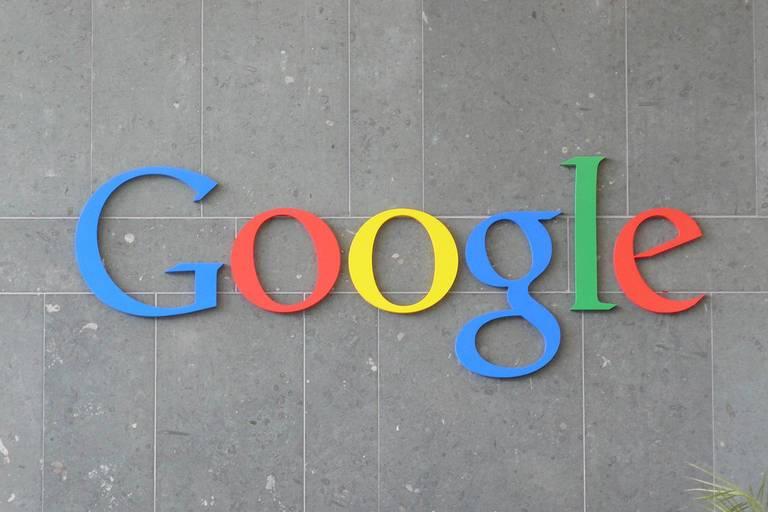
A leaked memo at Google that strives to address hot-button issues like why women shouldn't be hired as engineers is galvanizing outrage at the company. The "sexist manifesto," as some are calling it, is believed to have been written by an engineer within the company. It was published by Motherboard on Saturday and immediately went viral.
Within hours, the blow-back from the manifesto had forced Google's brand-new diversity manager, Danielle Brown and VP of engineering Ari Balogh to issue public statements. At least one female engineer had threatened to quit in response to the memo.
"Part of building an open, inclusive environment means fostering a culture in which those with alternative views, including different political views, feel safe sharing their opinions," said Brown, noting that she was still uncomfortable with the author's bombshell remarks. "[It's] not a viewpoint that I or this company endorses, promotes or encourages," she said.
The issue at hand is a 3,000-word "manifesto" that strives, in biological and emotional terms, to rationalize why women, who the author describes as having a greater level of "openness," gregariousness," "neuroticism" and "anxiety" wouldn't be suited for a job that depends on an individual's true yearning and capability for "status."
"We always ask why we don't see women in top leadership positions, but we never ask why we see so many men in these jobs," the author states, rationalizing that an off-shoot of those qualities is the apparent failing of having "a harder time negotiating salary, asking for raises, speaking up, and leading."
The author then goes on to offer some "suggestions," and it's fair to say the cures offered didn't seem to appease its readership -- both inside and outside of the emotionally-rattled company.
He suggested the company should stop alienating conservatives and look to improving its own biases toward political views and personality as a way of increasing diversity and that Google should focus on "psychological safety" instead of race or gender diversity.
If there's any positive takeaway from this latest statement on tech-industry diversity, it may be that the elephant in the room has most certainly been set free.
Techies are talking, and talking fast about diversity.
Former Google engineer Yonatan Zunger weighed in on the topic by dissecting the manifesto's points and why it was just as much an expository on the writer's lack of knowledge of engineering as his/her understanding of human nature.
"Engineering is not the art of building devices; it’s the art of fixing problems," said Zunger. "Essentially, engineering is all about cooperation, collaboration, and empathy for both your colleagues and your customers."
And acquiring that nuanced understanding, he said, takes more than practice "with hyper-optimizing an inner loop."
Which is why, in Zunger's view, the writer got the issues wrong. "All of these traits which the manifesto described as 'female' are the core traits which make someone successful at engineering," said Zunger. Being an experienced engineer takes sensitivity as much as the ability to work with minimum supervision.
But Zunger brought up another point that the tech community will probably be discussing a lot in the near future: The internal and external damage that was wrought by a memo that on the surface, was meant to communicate concerns, and ended up enraging readers.
And that's where Google may have its greatest challenge in the months to come.
While Zunger was unsparing in his criticism of the manifesto's author, the issue at the core of this debate is no different than what we see mirrored in other parts of the country at the moment: The challenge of how to align the need for tolerance with ensuring everyone has a fair opportunity for voice.
If there's any lesson that resonates loudest these days it is that change comes most easily when we aren't threatened. Apparently, the tech industry's next big challenge may be finding a way to ensure that those who were in the doors first know their jobs -- and yes, their socio-political views -- are just as safe as those lining up to be let in.
Flickr image: Carlos Luna
Jan Lee is a former news editor and award-winning editorial writer whose non-fiction and fiction have been published in the U.S., Canada, Mexico, the U.K. and Australia. Her articles and posts can be found on TriplePundit, JustMeans, and her blog, The Multicultural Jew, as well as other publications. She currently splits her residence between the city of Vancouver, British Columbia and the rural farmlands of Idaho.














